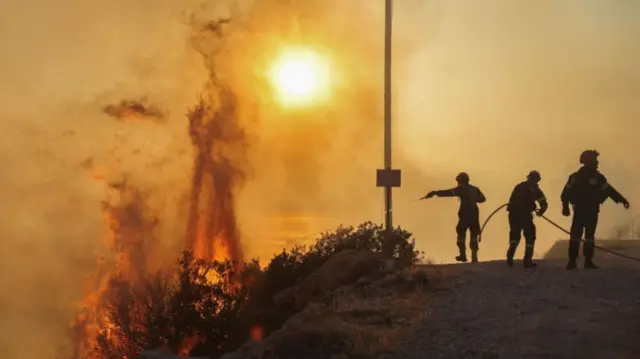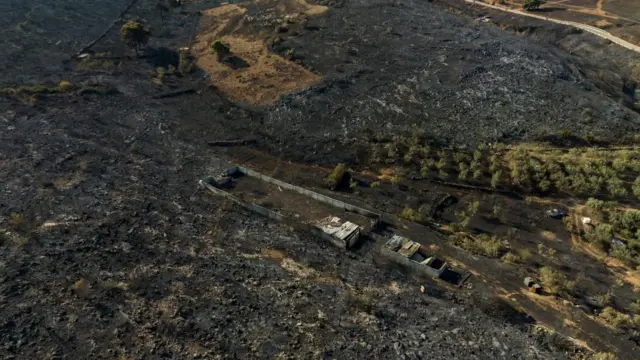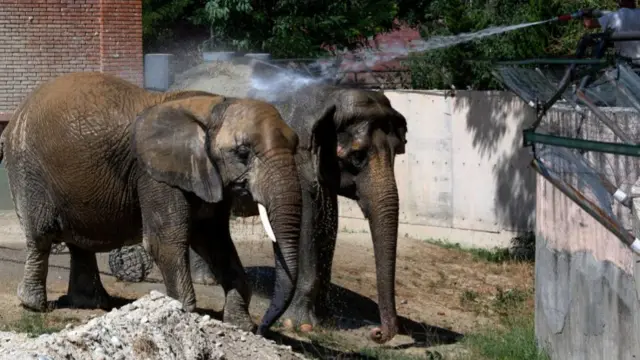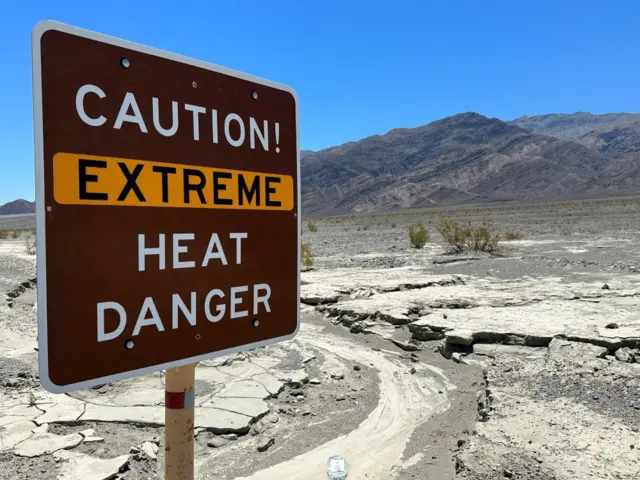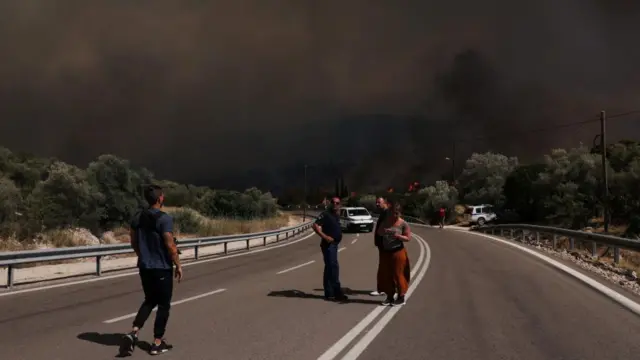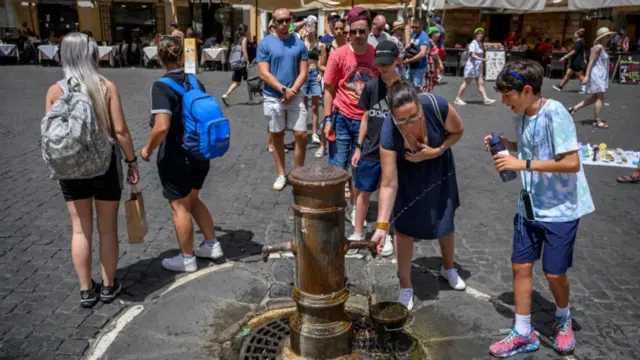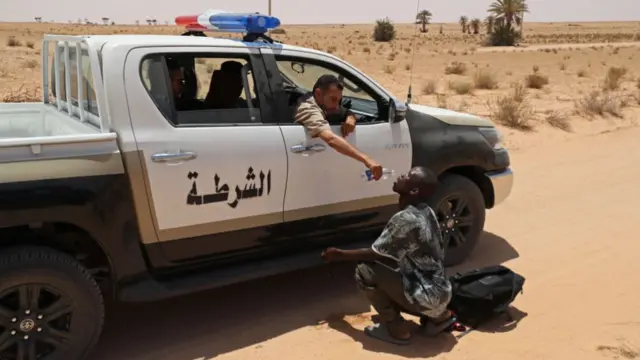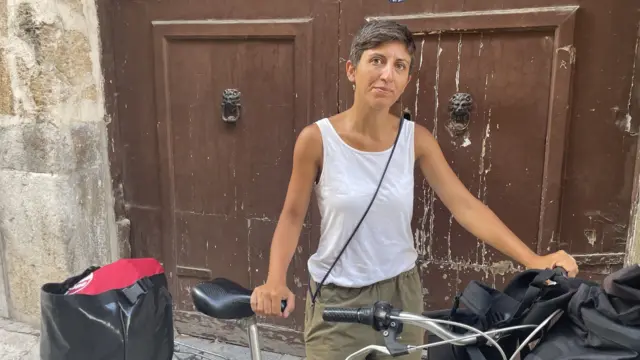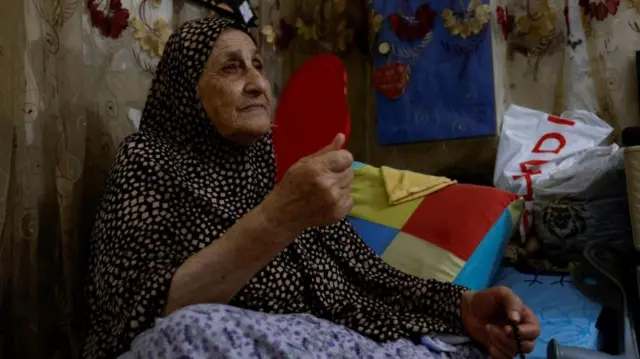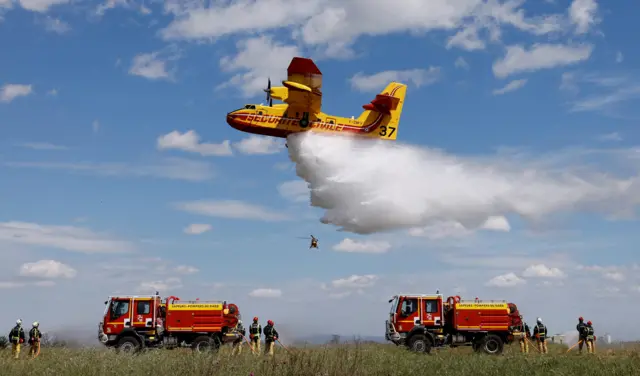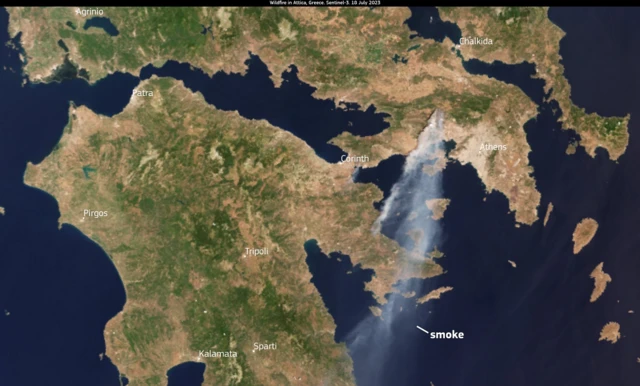Thanks for joining uspublished at 19:13 BST 18 July 2023
 Marita Moloney
Marita Moloney
Live reporter
We're going to pause our live coverage now, as extreme heat continues to grip many parts of the world.
Blazing sunshine, record temperatures and wildfires have prompted not just weather alerts, but also warnings from the UN's World Meteorological Organization (WMO), among others, about the implicit health risks.
The WMO says heatwaves will become more severe in the years ahead, and extreme weather patterns highlight the need for more rapid climate action.
This explainer outlines four ways in which climate change is affecting the weather, while the BBC's climate editor looks at why this summer has been so hot here.
You can also keep up to date with the latest developments on the heatwaves here.
Today's page was edited by Nathan Williams, Victoria Lindrea and myself, and written by Jasmine Andersson, Krystyna Gajda, Basillioh Rukanga, Adam Durbin, Ali Abbas Ahmadi, James Gregory, Jacqueline Howard and Nadine Yousef. Thanks for joining us.
